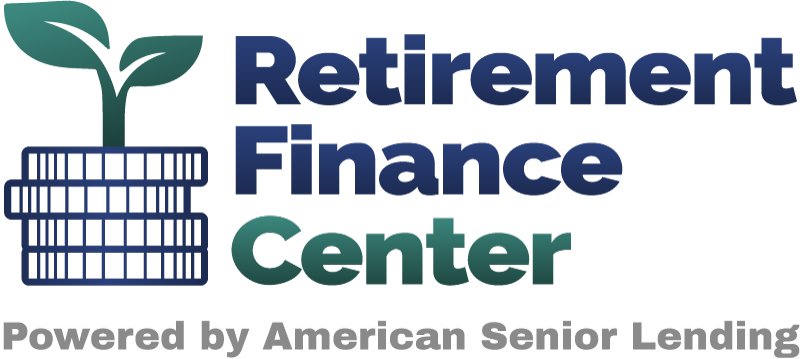Pros and Cons of Reverse Mortgage
As we grow older, our homes can become our most valuable asset. For many older Americans, a reverse mortgage can be a way to access the equity in their homes and supplement their retirement income.
However, like any financial product, a reverse mortgage has its pros and cons. In this article, we’ll explore the advantages and disadvantages of a reverse mortgage loan for a couple who have a majority of their earned wealth in their home.
Pros of a Reverse Mortgage
- Access to Home Equity: One of the main advantages of a reverse mortgage is that it allows older homeowners to access the equity in their homes as an alternative to selling in order to access such equity. This can be especially helpful for those who have most of their wealth tied up in their home.
- Tax-Free Income: The funds received from a reverse mortgage loan are considered loan advances and not income. Therefore, they are not subject to income taxes. This may be a significant opportunity to receive more funds than other equity access loans. Consult your tax advisor, this is not tax advice.
- No Monthly Mortgage Payments: Unlike a traditional mortgage, a reverse mortgage does not require monthly mortgage payments. The loan is typically repaid when the borrower sells the home or passes away. As with any mortgage, you must continue to meet your loan obligations—keeping current with property taxes, insurance, and maintenance.
- Flexibility: Borrowers have several options for receiving the funds from a reverse mortgage, including a lump sum, monthly payments, or a line of credit. This allows them to choose the option that best fits their financial needs.
Cons of a Reverse Mortgage
- High Fees: A reverse mortgage can be expensive, with upfront fees that can include origination fees, mortgage insurance premiums, and closing costs. These fees can add up, reducing the amount of equity available to the borrower.
- Interest Accrues: The interest on a reverse mortgage loan accrues over time and is added to the loan balance. This means that the loan balance can grow quickly, reducing the amount of equity available to the borrower and their heirs.
- Equity Reduction: As mentioned, the loan balance increases over time, reducing the amount of equity available to the borrower and their heirs. This can limit their options for selling or refinancing the home in the future.
 Let’s Discuss a Hypothetical Example: A Couple with a Majority of Their Wealth in Their Home (this is for illustrative purposes only, similar results are not guaranteed)
Let’s Discuss a Hypothetical Example: A Couple with a Majority of Their Wealth in Their Home (this is for illustrative purposes only, similar results are not guaranteed)
Consider a couple, John and Jane, who own a home valued at $500,000 and owe $50,000 on their mortgage. They are both retired and have a majority of their wealth tied up in their home. They are interested in a reverse mortgage to supplement their retirement income.
Pros of Reverse Mortgage:
Access to Home Equity: A reverse mortgage would allow John and Jane to access the equity in their home instead of selling to access the equity.
Tax-Free Cash Proceeds: The funds received from a reverse mortgage loan are not subject to income taxes, providing John and Jane with additional tax-free income.
No Monthly Mortgage Payments: A reverse mortgage does not require monthly mortgage payments, which can be helpful for John and Jane who are on a fixed income. John and Jane will need to continue to pay their property taxes and insurance and maintain the home.
Flexibility: John and Jane have several options for receiving the funds from a reverse mortgage, allowing them to choose the option that best fits their financial needs.
Cons of Reverse Mortgage:
High Fees: A reverse mortgage can be expensive, with upfront fees that can include origination fees, mortgage insurance premiums, and closing costs. These fees can reduce the amount of equity available to John and Jane.
Interest Accrues: The interest on a reverse mortgage loan accrues over time and is added to the loan balance. This means that the loan balance can grow quickly, reducing the amount of equity available to John and Jane and their heirs.
Equity Reduction: As the loan balance increases over time, it reduces the amount of equity available to John and Jane and their heirs. This can limit their options for selling or refinancing the home in the future.
Final Thoughts
A reverse mortgage can be a valuable tool for seniors who have most of their wealth tied up in their homes. It provides tax-free income, access to home equity, and flexibility in how the funds are received. However, it’s important to carefully consider the high fees, and how interest may accrue, along with other risks.
Ultimately, it’s important to work with a trusted mortgage loan originator to determine the right option for your unique financial situation.
Ready to estimate your eligibility? Try our free reverse mortgage calculator to get started
